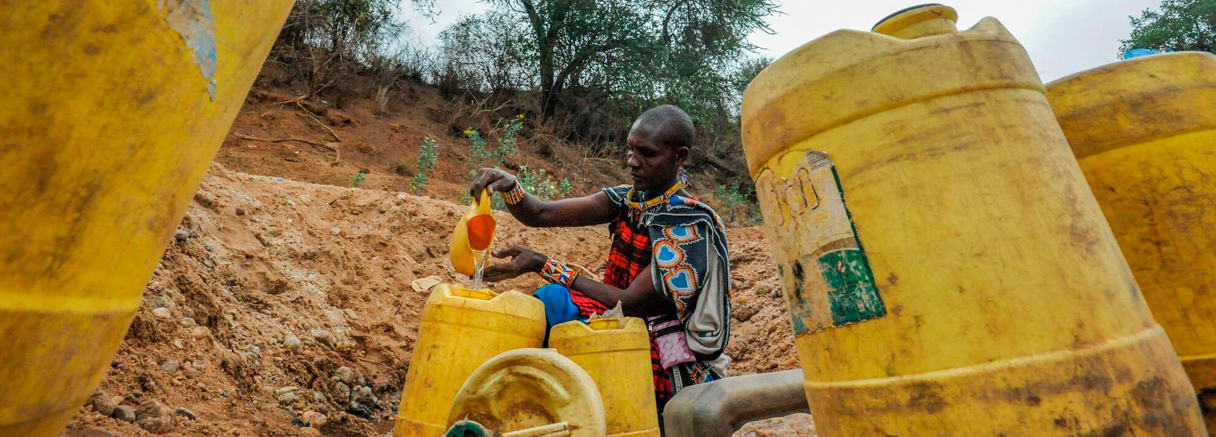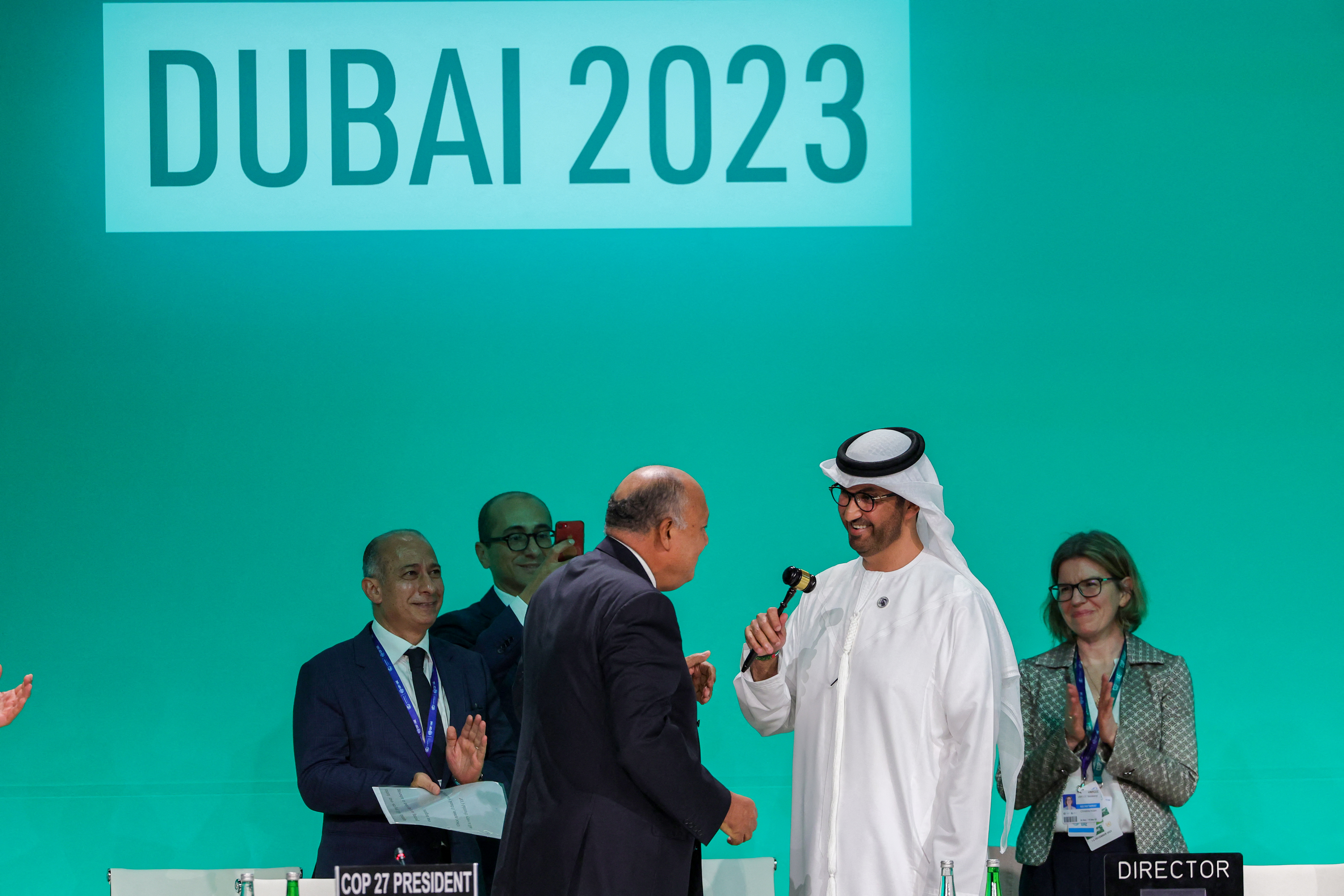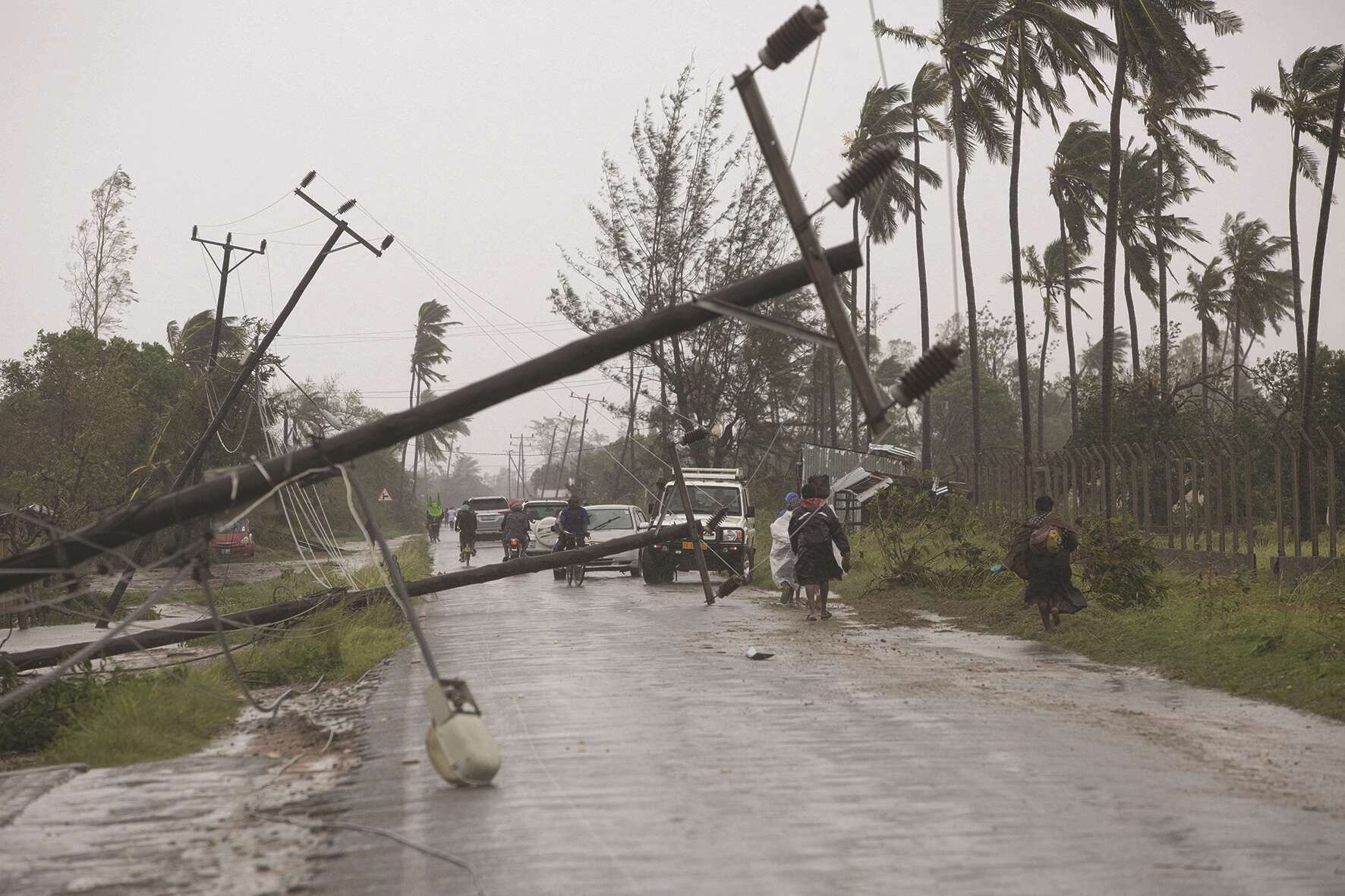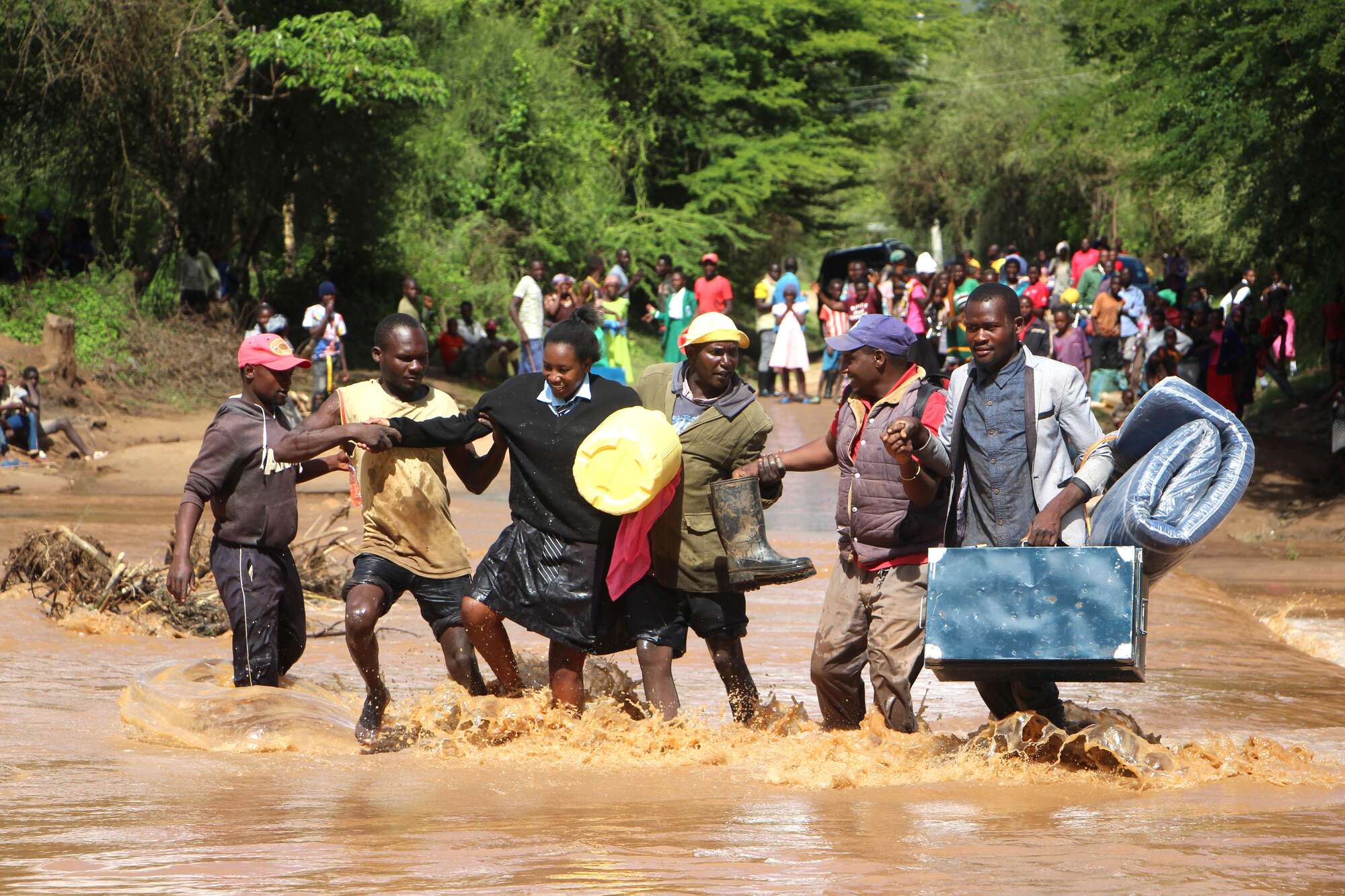Will COP28 respond to Africa's worsening climate crisis?

The 13-day marathon negotiations in Dubai, United Arab Emirates (UAE), from November 30 to December 12, are being billed as one of the biggest moments of climate accountability to date.
The UN will conclude its first-ever 'Global Stocktake', assessing the progress made since almost every country in the world adopted the historic Paris Agreement on climate change in 2015.
And as the world remains far from meeting the goals of the Paris Agreement, global temperatures continue to rise, making Africa the epicentre of floods, droughts and other impacts that are becoming increasingly severe.
It will be an anxious and critical moment for Africa as it looks to global transformative climate action to give hope to the continent's more than 1.4 billion people, more than 17 per cent of the world's total population.
For most Africans who will be closely following the negotiations, the ultimate goal and leap of faith at COP28 will be measured by how an international cooperation framework that truly puts Africa at the centre of a system of financial flows to minimise carbon emissions and climate-resilient development is achieved.

It will be interesting to see how powerful policymakers from the Global North, historically the kings of pollution, and others, respond to the Global Stocktake at COP28.
The much-anticipated action will help determine whether the world confronts the climate crisis or continues to fall victim to it, with Africa remaining the biggest loser.
The actions of world leaders will be an indicator of the success or failure of the annual global conference.
Africa will be at the centre of all major deliberations, seeking support for the rapid scaling up of climate change adaptation and sustainable development.
And experts in Africa agree that this COP28 must address climate-related loss and damage, support Africa's just transitions and sustainable development, strengthen adaptation action and support, maximise the Global Stocktake to highlight equity.
The conference must also address the effective delivery of enhanced climate finance and increased mitigation ambition towards 1.5°C, among other critical demands.
According to the Global Landscape of Climate Finance 2023, published by the Climate Policy Initiative, global climate finance does not favour mitigation, which received 91 per cent of the total climate finance flows of USD 1.27 trillion in 2021/22.
Adaptation finance received a total of USD 63 billion, up 28 per cent from USD 49 billion in 2019/20.
However, this still falls short of the estimated needs of around USD 300 billion per year for developing countries alone.
Regionally, at least 50 countries in sub-Saharan Africa received a total of USD 30 billion in public and private capital.
The Horn of Africa, still reeling from a devastating drought earlier this year, is now in the grip of floods that have affected 500,000 people and killed more than 120.
The situation is even worse in neighbouring Somalia, where the extreme weather has so far claimed more than 100 lives, with the toll still rising as heavy rains continue to batter the restive nation.
“Somalia’s flood death toll climbs to 96,” state news agency SONNA said last week in a post on X, formerly Twitter, adding the figure had been confirmed by Mahamuud Moallim, the head of the country’s disaster management agency.

Earlier this year, Cyclone Freddy, the longest-lasting tropical storm to hit southern Africa, killed at least 1,000 people.
With a full plate, the African Group of Negotiators (AGN), currently chaired by Zambia, has its work cut out and will have a strong case to push for loss and damage compensation, among other demands, as Africa is responsible for less than 5 per cent of global emissions.
The AGN will review its Nairobi Declaration, which underlined the importance of adaptation and resilience building as key priorities for African households, communities and governments.
The declaration, led by President William Ruto in September, has been praised and criticised in equal measure for calling for action and strategic partnerships to accelerate the implementation of the nationally determined contributions (NDCs) of its 54 member countries.
In a report entitled "Defining an African Agenda for COP28", African climate think-tank Power Shift Africa outlines what matters to Africa at this year's climate talks.
According to Power Shift Africa, the overarching questions include whether COP28 will be another unprecedented COP, as climate impacts have been, and whether it will respond with the scale and urgency commensurate with the escalating climate crisis.
"Telling us to trust that carbon markets can deliver on our financing needs for nature and people is like telling us to keep trusting that a sieve will eventually bail the water out of a sinking boat," says Mohammed Adow, Director, at Power Shift Africa

He added: “It has never been more vital for African nations to work together and unite our collective voice at the COP28 climate summit. Africa is on the front line of the climate crisis and many of the impacts afflict us all, whilst the solutions are common across the continent.”
He continued: “We need to see our leaders working to ensure rich countries deliver on their promise of climate finance to help Africans adapt to climate change and compensate the most vulnerable who have suffered losses and damages.”
Ms Lorraine Chiponda, the coordinator of the Africa Climate Movement of Movements Africa, said Africa has the potential to lead the world in renewable energy.
“Boasting more wind, solar, and geothermal resources than any other region, Africa is uniquely positioned, and binding ourselves to obsolete fossil fuels impedes the realisation of clean and affordable renewable energy's benefits,” said Ms Chiponda.
She added: “Hosting COP28 in a major oil-producing nation would be apt, marking the end of fossil fuel expansion and heralding a future fueled by clean energy.”
Dean Bhebhe, Lead Campaigner, Don't Gas Africa, said that hosting COP28 in a major oil-producing country underlined the irony of Africa's situation.
“Let's use this as a wake-up call to set a firm deadline for phasing out fossil fuels. As Africa, we must defy Energy Apartheid, where the privileged few benefit while the majority, especially in impoverished areas, lack access to energy,” said Mr Bhebhe.
“COP28 presents a great opportunity. This must be the turning point for African nations' resounding commitment to a sustainable future. It's time to shatter the chains of fossil fuel dependency. Africa's renewable energy potential is vast. Our collective actions, not mere words, will lead Africa toward a greener, more equitable world,” said Mr Omar Elmawi, African Climate Justice Champion.